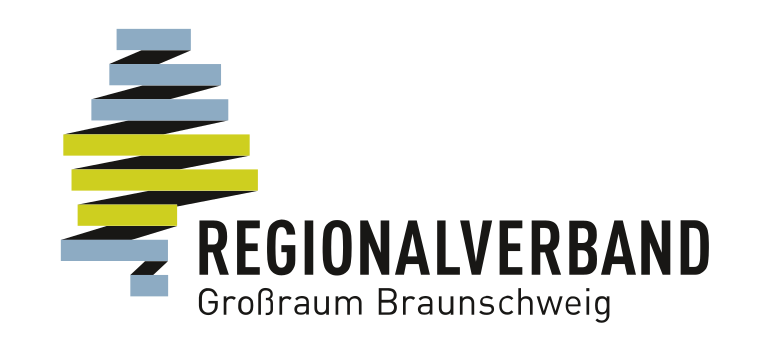Study on freight transport in the greater Braunschweig area
Regional planning aims to achieve synergy effects and avoid undesirable developments through coordinated location decisions (ARL 2005). In general, regional planning location decisions have a "considerable, long-term effect on transport" (Einig 2006). However, location decisions for the transport-intensive economic sectors of production, trade and logistics are still characterized by inter-municipal competition for jobs and trade tax revenues, while regional planning often does not make active use of its control options (Langhagen-Rohrbach 2012; Leerkamp 2020). Greater integration of business locations and freight transport networks offers the opportunity to save on transport performance and create better conditions (Leerkamp 2020).
This research project is looking for concrete ways that are feasible in regional planning practice in order to leverage the existing potential for sustainable spatial development. Newly developed methods for the collection of data, for the analysis and evaluation of logistical spatial functions and for the design of cross-modal freight transport networks are to be applied and fed back. If necessary, they are to be modified in a practical way using the example of the planning area of the Braunschweig Regional Association. As a result, spatially compatible logistics locations on regionally coordinated areas are to be qualified and at the same time spatially compatible transport infrastructure measures are to be developed.
The project thus represents a real-world laboratory for improved integration of spatial and transport planning and is part of transformative research into sustainability. The project is funded by the Regionalverband Großraum Braunschweig and is being carried out in cooperation with the Technische Universität Braunschweig.


